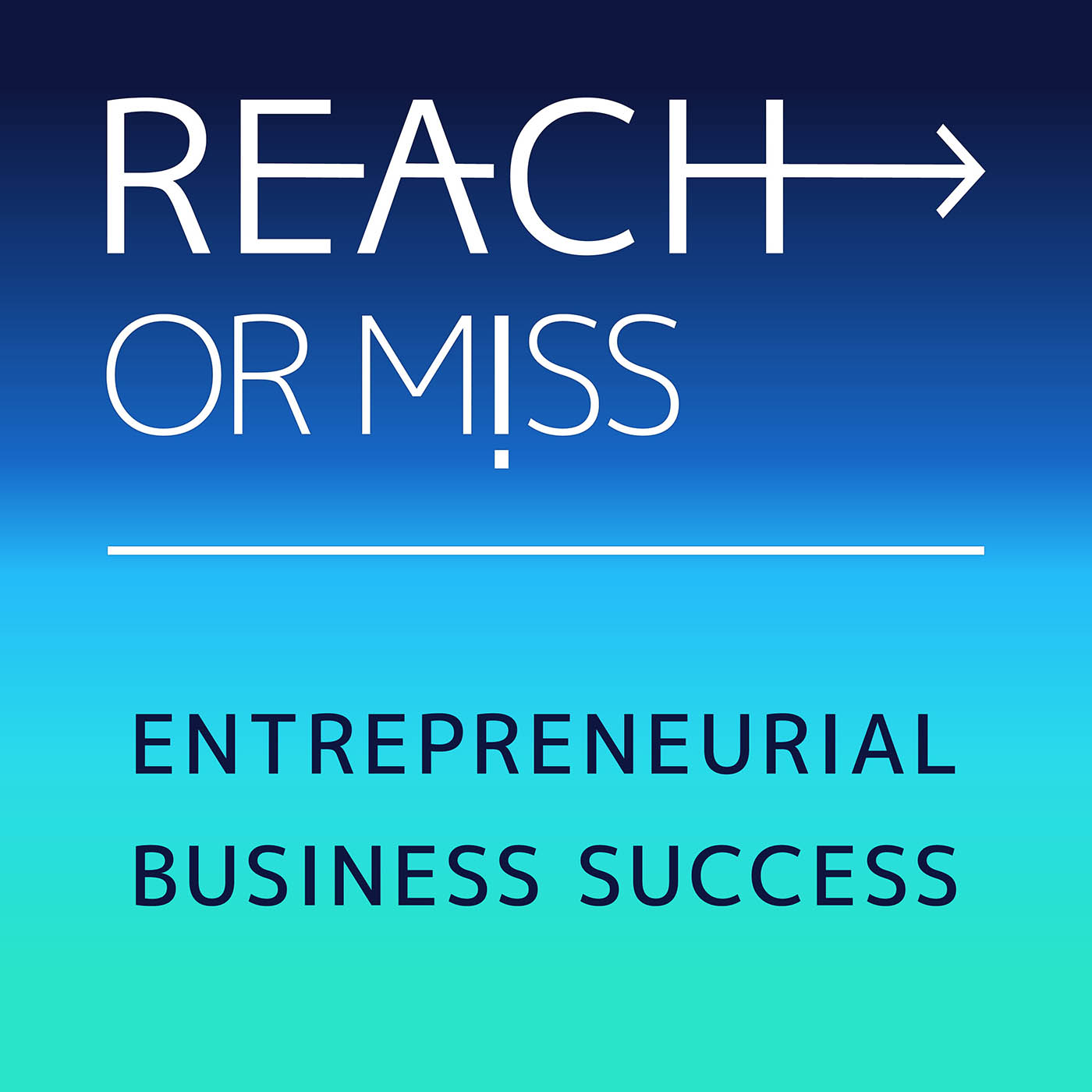EP. 015 – Erik Huberman, Forbes 30under30, Inc. Magazine’s Top 25 Marketing Influencers and a 2016 Telly Award talks about building a $30 Million company in three and a half years

Erik Huberman Show Notes Erik Huberman is Founder & CEO of Hawke Media, a full-service Outsourced CMO based in Santa Monica, CA that has been valued at $30 million. As a serial entrepreneur and brand marketing expert, Erik is a sought-after thought leader. He is the recipient of numerous awards including Forbes 30under30, Inc. Magazine’s Top 25 Marketing Influencers, and a 2016 Telly Award. Most passionate about today I’m running Hawke Media; it is like an outsourced CMO and marketing team for companies. We are about 95 people in Santa Monica and it’s about growing companies so I was fortune enough to build a business around doing that. I have a business where I grow by growing others so it’s been very fun. We are continuing to grow and build. We already have become a mid-size agency; we are three and a half years old, so it’s growing very fast and we want to build this new guard of how we can help companies. I started that because I felt that the marketing agencies model is broken, and that there should be an easier way for growing your business that wasn’t hiring a full team or having a hired lead agency and thanks we didn’t know what they are doing and that’s how we started, we started with 7 people, three and a half years ago. It’s going to be three and a half years old in a week and we are 95 plus people. Your company First, there are no long term contracts, everything is month to month because if we aren’t doing good work, you can fire us. I always felt that way, on the brand’s side. I’ve had three of my own e-commerce brands, and I never understood why people would try to lock people into such long contracts. I mean, I understood why, excuse me; it just didn’t make sense for the customers, and it was one and only industry that wasn’t focus around the benefit of the customers, so I didn’t like it. Number two, having enough services and different options in terms of different expertise that you don’t have to drown around to different agencies. And then one of the biggest differentiation is having high level experts working on every account so we’re able to continue to drive and pivot healthy companies, not just the first time we talk with them, but on an ongoing bases. Who your customers are? Our customers are about 70% ecommerce, 20% software companies. It’s people to grow their revenue on using different marketing. We work with about 160 different brands. Our customers are anyone that needs our help. That’s the beauty of what we do, small companies need this because they can’t afford hiring an in-house team, and large companies need this because they need extra bandwidth when products come up. We are able to work with any size company. We work with startups working from their garages to Alibaba, Red-Bull, and Verizon. Because they all need help from people like us, with very specific expertise of email marketing, Facebook, search, SEO, or web design. Our customers are companies that come to us. They are the one that pick us and came through word of mouth. Our customers located all over the world, we work with twelve countries now. Erik’s best advice about approaching your customer Make sure you understanding why they need you. What is the purpose behind them wanting to work with you, buy your product, or purchase your service, you need to understand the reasoning behind that, the logic behind that and the emotional behind that. I usually say it’s good to be your own customer, that’s where we’ve been successful, I had three brands, I hired agencies, I hated most of them so I knew what I was looking for and what I didn’t like, so I was able to create that and was able to understand there are a lot of people like me, so it was easy to build that out, that was a huge advantage. Founders of most agencies I know don’t come from running their own brands, so there is always that missing empathy of understanding what the needs of their customers truly are. Biggest failure with...